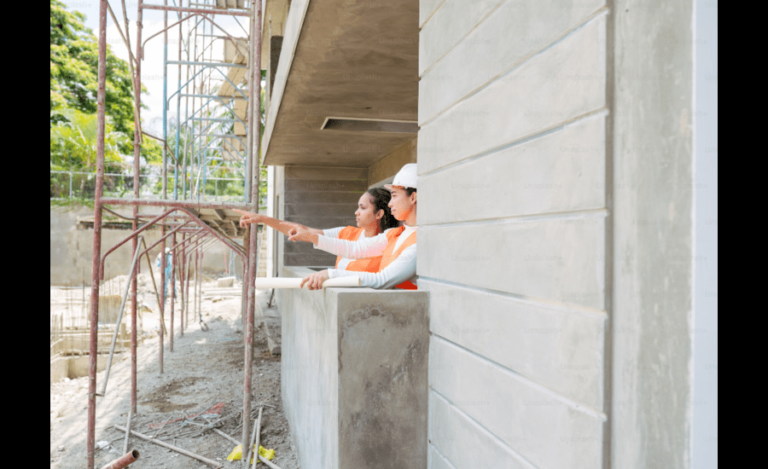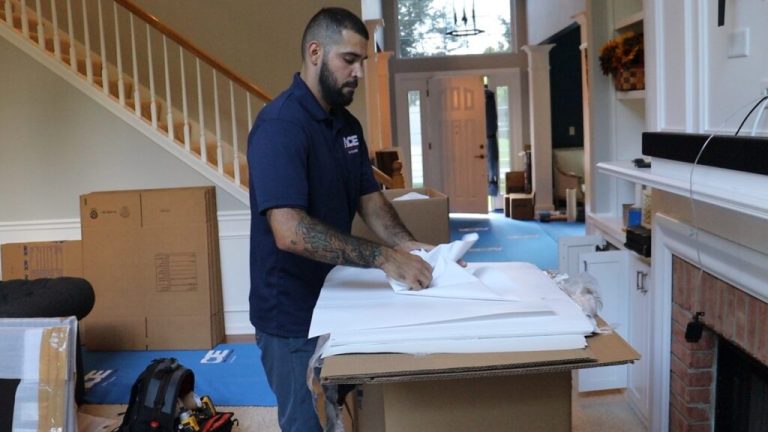Essential Steps in Preparing a Construction Project Estimate
Introduction
Whether your assessment is retail, industrial, or residential, estimating the cost of a construction project is an important step when beginning the task. The importance lies in its ability to pass or fail a construction project. Making a far-sighted decision over the estimated cost can save the plan from any possible mishaps in the future, such as holds, miscommunication, and funding overruns. In this article, you will learn the essential steps to take in preparing a construction project estimate. That will ensure the project does not fall prey to unforeseen challenges.
Why is a Detailed Cost Estimate Important?
When starting a construction project, the cost of materials not the only element that should be taken into account. There many roles played in the industry, including labor costs, engineers, contractors, etc. If accurate cost calculations not made, the project affected in terms of quality and delivery and might also strain relationships with clients and stakeholders. However, creating a clear budget outline saves you from all the disturbance.
Guide to Prepare Detailed Estimates
To help you with the preparation of accurate financial budgets, here are eight simple steps to follow.
1) Reviewing the Planning
The first step is to review the cost of your project’s plan. A project plan is an outline including the requirements of each phase of the project that needs thorough evaluation. That will help you not to overlook the cost, quantity of resources, getting contractors, engineers, and architects rate, and all the crucial work that could impact the project.
2) Figuring the Material Costs
Material is an element that decides the faith of the construction project. Due to that, materials could take up a considerable amount of the budget, which can disturb the calculations. Therefore, when estimating material cost, ensure to collect recent pricing from suppliers. The material cost should not misjudged to affect the quality and not overvalued to disbalance the prices.
3) Estimating the Price of Concrete
Concrete is the foundation of every construction project. Keep making accurate calculations of concrete first in mind because if miscalculated, it can lead to project delays.
4) Estimating by Dividing Steps
Forming a breakdown of all the construction steps can give you a clear idea of how to spend funding efficiently. Each division will give exact sight of how many hours will be spent, directly responsible organizing the project’s allocation.
5) Calculating Labor Cost
Labor cost is another crucial element to consider when assembling construction project estimations. To make accurate calculations that will keep labor motivated and the budget intact, understand the hourly wage of each worker. Moreover, there are other factors to consider, i.e., how many hours will each project step take and how complex the project is. Another thing to remember is that the level of construction and skills of the team causes labor costs to fluctuate. The more the work gets complex, the more the project will require a highly skilled team, causing the rate to go high.
6) Estimating Overhead Cost
Office rents, transportation, insurance, utilities, machinery care, and staff are all considered overhead costs. While these may not look like being added project estimate, they actually form good percentage the project’s budget; not counting them result underfunding.
7) Equipment Expense
This step covers renting, maintaining, and purchasing machinery and tools. The equipment includes bulldozers, cranes, loaders, etc. Furthermore, do not forget to estimate the depreciation of the machinery, repair fees, and fuel costs.
8) Assessing Fee for Permits
Before starting a construction project, it is necessary to require legal permits to act in accordance with regional laws and regulations. The fee for these permits is another factor to add to project calculation to avoid pauses in the project due to legal cases.
Final Words
To summarize it all, putting together an accurate construction estimate will help save cost and time, and drive the project to its success. For each step to go smoothly planning, material, and concrete costs, division of stages, labor fees, indirect costs, machinery expenditure, and permit fees are all factors necessary to correctly estimate for organized construction.






